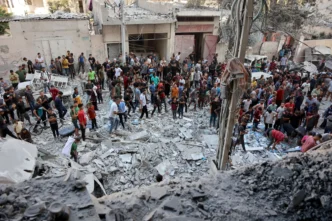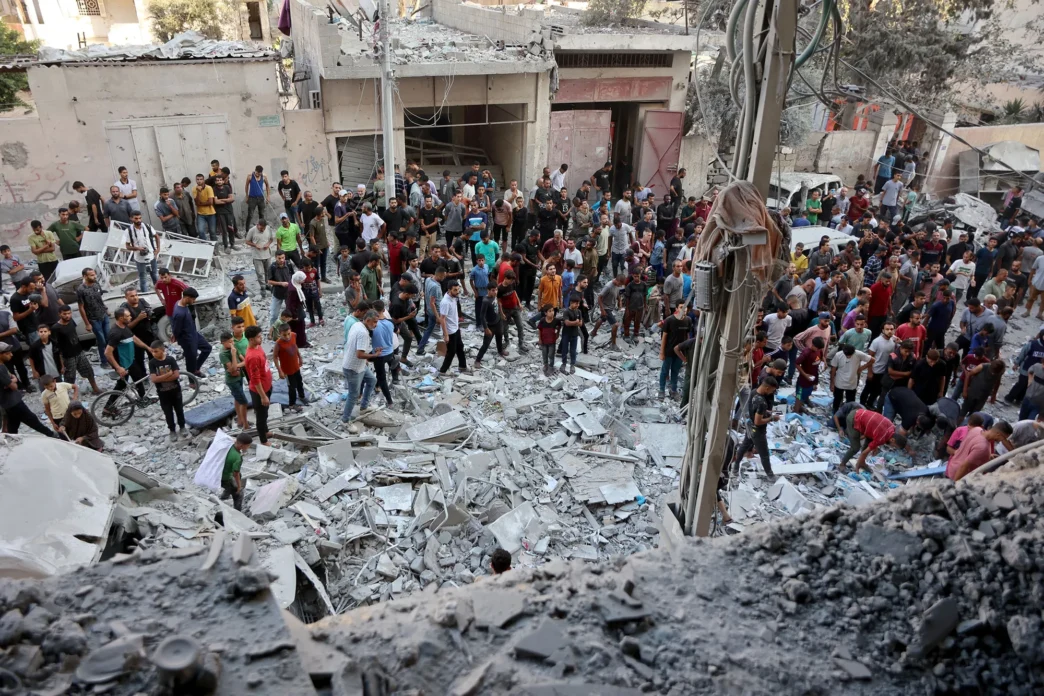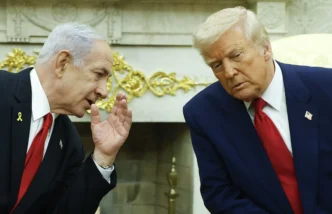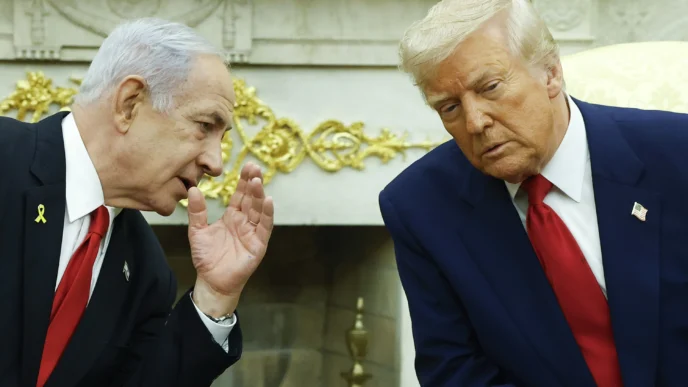Israel announced that its military has killed a key Hamas spokesman in a targeted airstrike in Gaza, a development that could have significant implications for the group’s propaganda and communication strategy as the war continues into another deadly phase.
The Strike
According to the Israel Defense Forces (IDF), the strike took place during a precision operation in the northern Gaza Strip, where intelligence suggested that senior Hamas operatives had gathered. The spokesman, whose role centered on disseminating Hamas’s messages to both domestic and international audiences, was reportedly among those killed.
Israeli officials framed the killing as a significant blow to Hamas’s ability to control its narrative and rally support. “The elimination of this operative is part of our ongoing effort to dismantle Hamas’s leadership and disrupt its communication lines,” an IDF statement read.
Role of the Spokesman in Hamas’s Strategy
The Hamas spokesman was a prominent figure in the group’s media apparatus. He frequently appeared on regional news outlets, issued statements during ceasefire negotiations, and acted as a bridge between Hamas leadership and the outside world.
For Hamas, controlling the narrative is almost as critical as its military operations. The spokesperson’s role extended beyond traditional propaganda, involving strategic communication aimed at international audiences to influence opinion, pressure foreign governments, and frame Israel as the aggressor in the conflict.
By targeting him, Israel aims to create gaps in Hamas’s information management and sow internal disruption at a time when the group is under intense military pressure.
Reactions in Gaza
News of the spokesman’s death spread quickly in Gaza. Hamas has not officially confirmed his killing, but local media outlets affiliated with the group mourned his loss and vowed that it would not weaken the resistance.
Civilians in Gaza, already enduring devastating airstrikes, displacement, and shortages of food and medical supplies, expressed mixed emotions. Some said his voice symbolized resilience against Israel, while others worried that his death would escalate Israeli operations even further.
Israel’s Broader Strategy
The strike reflects Israel’s broader push to dismantle Hamas’s leadership structure. In recent weeks, the IDF has intensified its campaign against senior figures in the group, striking at commanders, financiers, and individuals linked to the group’s intelligence and communications wings.
Israeli officials argue that eliminating senior figures is necessary to erode Hamas’s ability to command its fighters and manage its networks across Gaza and beyond. However, critics question whether such killings achieve long-term stability or merely deepen cycles of violence.
Regional and International Implications
The killing comes amid heightened tensions across the Middle East. Regional mediators, including Egypt and Qatar, are working to restore talks on a potential ceasefire and hostage releases, but such targeted assassinations risk complicating negotiations.
Internationally, reactions are likely to remain polarized. Israel’s allies may see the move as a legitimate act of self-defense against a group designated as a terrorist organization, while others may criticize it as an escalation that worsens civilian suffering and undermines the chances of diplomacy.
The Information War
The death of a spokesman highlights the growing importance of the information war that runs parallel to the fighting on the ground. Both Israel and Hamas understand that global perception of the conflict can influence aid flows, diplomatic pressure, and domestic support.
By targeting a figure whose role was as much about messaging as military activity, Israel signals its recognition that controlling the narrative is a battlefield in itself.
What Comes Next
While Israel hails the strike as a success, analysts note that Hamas has a history of quickly replacing fallen leaders, often with equally capable figures. The group maintains a deep bench of operatives trained to take on leadership and media roles.
Thus, while the spokesman’s death may temporarily disrupt Hamas’s messaging strategy, it is unlikely to silence the group’s voice in the long term. What it does highlight, however, is Israel’s determination to strike at every layer of Hamas’s infrastructure—military, financial, and informational.
Conclusion
The killing of a senior Hamas spokesman in Gaza underscores both the intensity of Israel’s military campaign and the centrality of communication in modern warfare. Whether this marks a turning point in the conflict or simply another cycle of retaliation remains to be seen, but it is clear that the struggle between Israel and Hamas is being waged not just on the battlefield, but also in the battle for hearts, minds, and narratives.
















